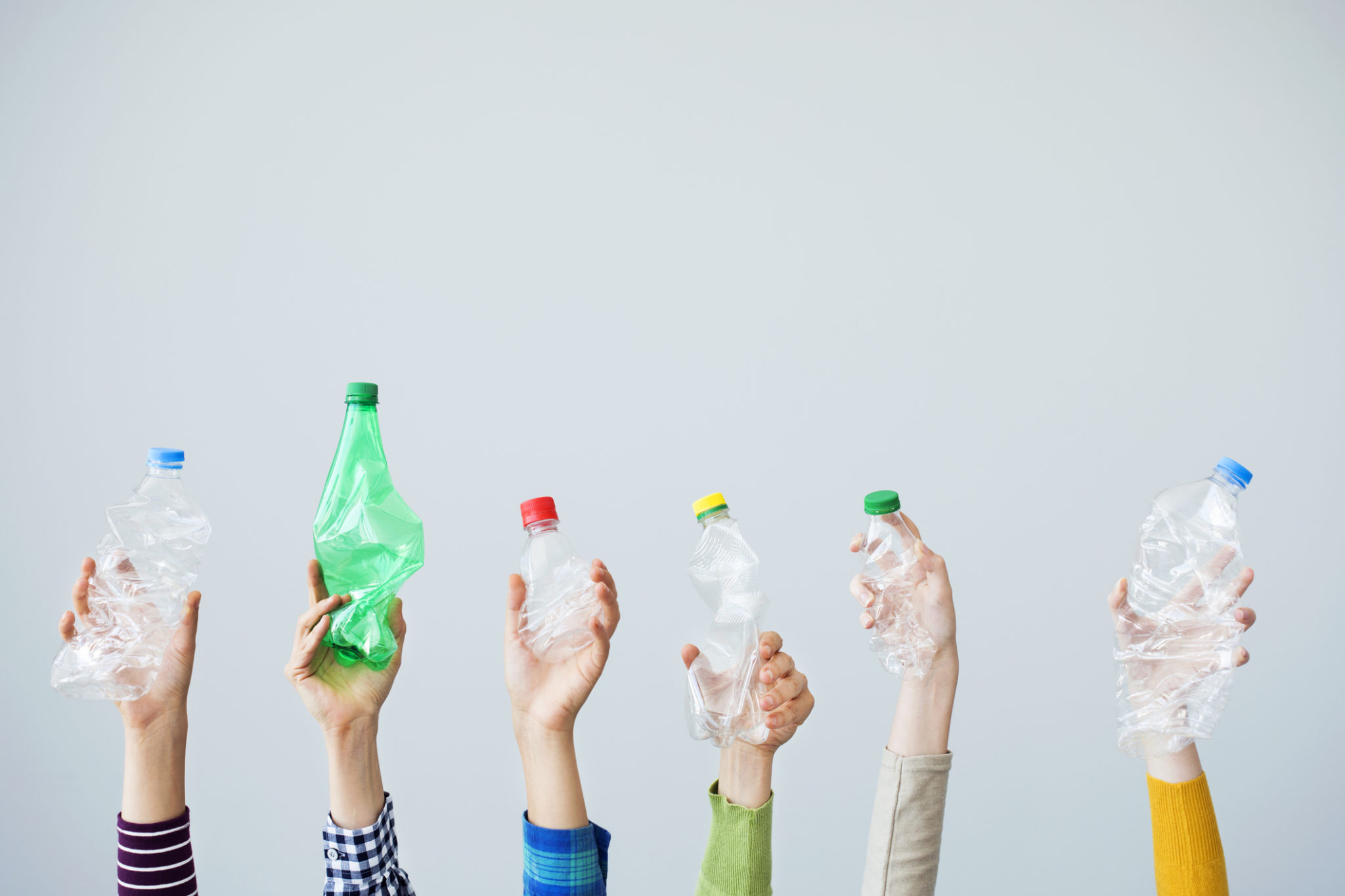We absolutely adore solar energy at Project Solar, but let's face it, it's not the only way to care for our planet. There are countless other methods—whether it's tweaking daily habits or embarking on large-scale initiatives that require collective effort. Today, I wanted to share some of my favorite tips that can inspire you to make a difference. First up, ditch single-use plastics. It’s something we hear a lot about these days, and for good reason. Those little bits of plastic often end up in places they shouldn’t, like our oceans, causing harm to marine life and even ourselves. When seafood absorbs microplastics, we unknowingly consume them too. It's alarming to think that we're ingesting plastic particles regularly, considering no living organism is designed to handle it. Despite global recycling efforts, only a fraction of the plastic produced actually gets recycled. Most of it winds up in landfills or the ocean, and burning it creates more pollution. It’s a massive problem, but there are simple steps you can take to reduce your plastic footprint: Next, consider cutting back on meat and dairy consumption. While we’re not here to judge anyone’s dietary choices, the environmental impact of raising livestock is undeniable. Producing just one kilogram of beef requires 15,000 liters of water—imagine filling nearly 200 bathtubs with water for a couple of pounds of beef! Other meats aren’t far behind in terms of water usage. On top of that, livestock emit methane, and transporting meat adds to carbon emissions. You don’t have to go fully vegan or vegetarian. Even reducing your intake can make a difference. The term “flexitarian†refers to people who occasionally eat meat but are mindful about how often they do so. Another easy change? Shorten your showers. While taking a shower is more efficient than a bath, it still uses an incredible amount of water. A five-minute shower can use up to 50 liters—almost 90 pints! To conserve water, turn off the shower while lathering and only use the water when you truly need it. Two minutes of flow during the entire process can save you around 20 liters of water. For those looking to upgrade their transportation, consider investing in a hybrid vehicle. The UK government aims to ban petrol and diesel cars by 2040, and many automakers are already offering eco-friendly alternatives. Hybrids run partly on electricity, reducing CO2 emissions significantly. From luxury brands like Mercedes-Benz to reliable models like Toyota, there’s a variety of stylish options to choose from. Finally, let’s talk about recycling. Most of us recycle to some extent, but true recyclers go the extra mile. Empty food tins should be cleaned before disposal, and it’s crucial to follow your local council’s recycling guidelines, as rules can differ between areas. Putting the wrong materials in the wrong bins might lead to the entire batch being rejected. Additionally, always check public bins when you’re out and about. An empty soda can belongs in a recycling bin, not the trash. Together, we can create a cleaner, greener future. Whether you’re already practicing some of these habits or planning to adopt them, remember that teamwork and mindfulness are key. If everyone makes small adjustments to their lifestyle, we can collectively make a huge impact. Of course, our specialty lies in solar power. We’ve helped countless families transition to sustainable energy, turning their homes into eco-friendly havens. Learn more about the advantages of solar energy and schedule a no-pressure consultation with us to explore how it can work for you. Epoxy Acrylate,Polyester Acrylate, Polyurethane Acrylate,Specialty Acrylate,Oligomers Runhe Chemical (Guangzhou) Co.,Ltd. , https://www.rhchems.com